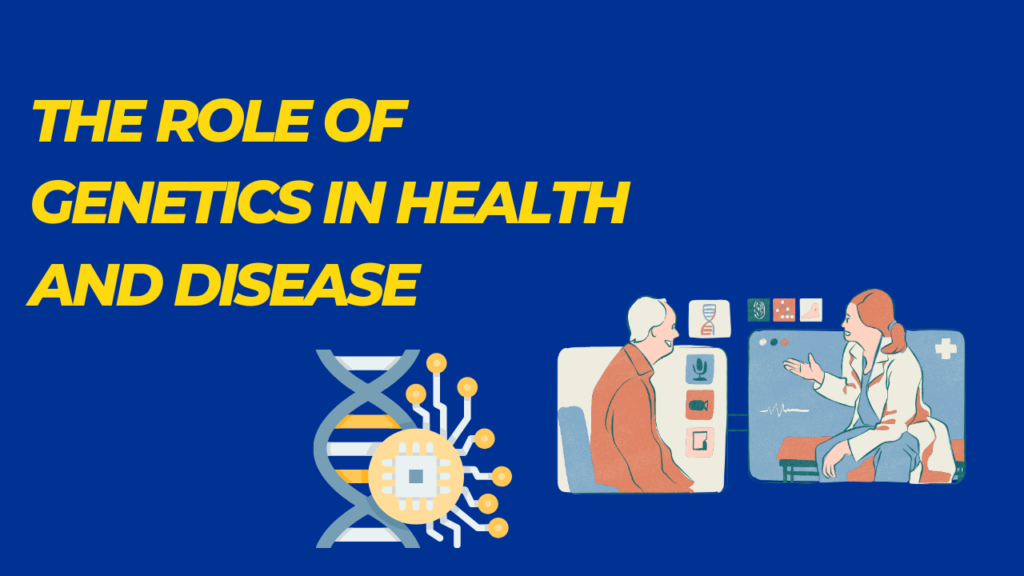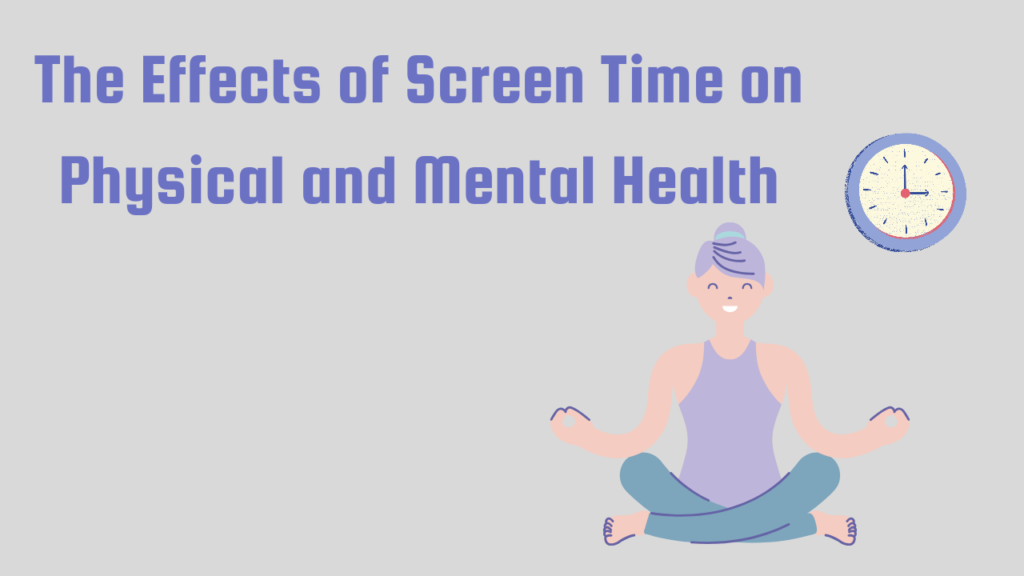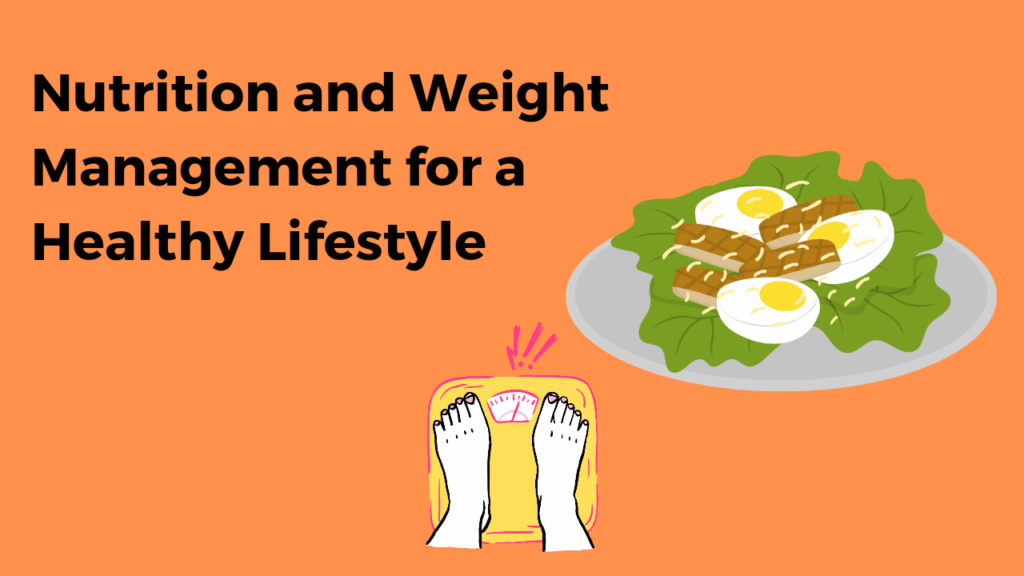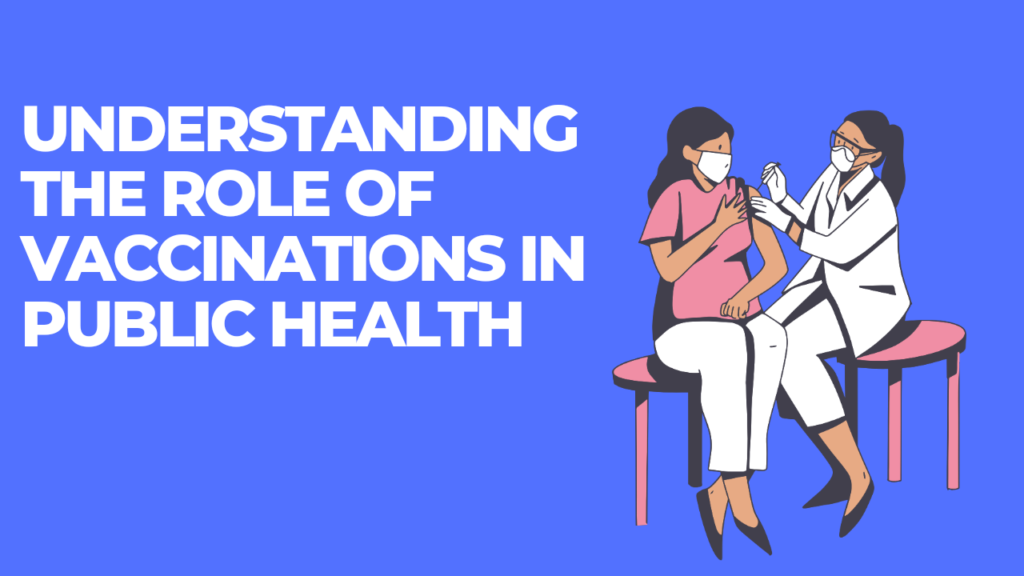ENVIRONMENT HEALTH
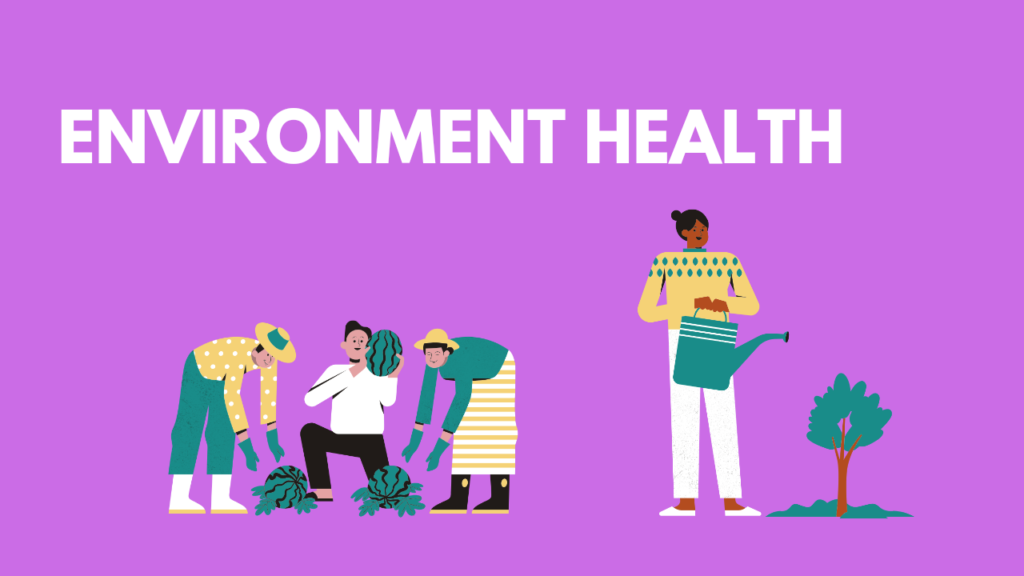
Certainly! Environmental health is a crucial topic that encompasses the impact of our environment on human health. Here are some subtopics and areas of interest within environmental health that you can explore:
- Air Quality: Discuss the effects of air pollution on respiratory health and ways to reduce exposure to harmful air pollutants.
- Water Quality: Explore the importance of clean and safe drinking water, as well as the consequences of water contamination.
- Climate Change and Health: Examine the health risks associated with climate change, including extreme weather events, heatwaves, and the spread of diseases.
- Food Safety: Discuss the safety of our food supply, including issues related to foodborne illnesses, pesticides, and food additives.
- Toxic Chemicals and Hazardous Waste: Explore the impact of exposure to toxic substances, such as lead, asbestos, and hazardous waste sites, on human health.
- Vector-Borne Diseases: Discuss how environmental factors can influence the spread of diseases carried by vectors like mosquitoes and ticks, such as malaria, Zika virus, and Lyme disease.
- Green Spaces and Mental Health: Explore the benefits of access to parks and green spaces for mental well-being and physical health.
- Environmental Justice: Discuss the unequal distribution of environmental hazards and health disparities in marginalized communities.
- Sustainable Living: Explore ways individuals and communities can adopt more sustainable practices to protect both the environment and human health.
- Occupational Health: Discuss workplace hazards, occupational diseases, and the importance of occupational safety and health regulations.
Feel free to choose one of these subtopics or let me know if you have specific questions or areas within environmental health that you’d like to explore further.
Great choice! Environmental health is an important topic that focuses on how our environment can affect our well-being. Here are some subtopics you can delve into:
- Air Quality: Explore the impact of air pollution on respiratory health and ways to improve indoor and outdoor air quality.
- Water Quality: Discuss the importance of clean and safe drinking water and the consequences of water contamination.
- Climate Change and Health: Investigate how climate change can lead to health-related issues, including extreme weather events and the spread of diseases.
- Chemical Exposure: Examine the effects of exposure to harmful chemicals in everyday products and their impact on human health.
- Food Safety: Discuss foodborne illnesses, food contamination, and the importance of safe food handling and storage.
- Noise Pollution: Explore how excessive noise can affect mental and physical health and ways to mitigate noise pollution.
- Green Living: Share tips and strategies for eco-friendly living and its positive effects on both personal and environmental health.
- Environmental Justice: Address the disparities in environmental health risks and access to clean resources in different communities.
- Biodiversity and Health: Explore the connection between biodiversity loss and its impact on human health.
- Waste Management: Discuss proper waste disposal practices and the importance of reducing, reusing, and recycling.
Feel free to pick one of these subtopics to explore further, or let me know if you have specific questions or areas of interest related to environmental health.
Certainly! Environmental health is a crucial topic that focuses on the interactions between people and their environment and how these interactions can affect health. Here are some subtopics within environmental health:
- Air Quality: Discuss the impact of air pollution on respiratory health, climate change, and ways to improve air quality.
- Water Quality: Explore the importance of clean and safe drinking water, the effects of water contamination, and methods for water purification.
- Food Safety: Discuss foodborne illnesses, food contamination, and the importance of safe food handling and storage.
- Climate Change and Health: Explore how climate change affects health through extreme weather events, the spread of diseases, and its impact on vulnerable populations.
- Toxic Substances: Discuss the health risks associated with exposure to hazardous chemicals, heavy metals, and pollutants in the environment.
Great choice! Environmental health is a crucial topic. Here are some subtopics and points you can consider when discussing environmental health:
- Air Quality: Explore the impact of air pollution on health, the sources of air pollutants, and ways to reduce exposure.
- Water Quality: Discuss the importance of clean and safe drinking water, the effects of water contamination, and water treatment methods.
- Climate Change: Explain how climate change affects health through extreme weather events, the spread of diseases, and food security issues.
- Chemical Exposure: Discuss the health risks associated with exposure to harmful chemicals in the environment, including pesticides, industrial pollutants, and household toxins.
- Noise Pollution: Explore the health effects of excessive noise pollution and strategies for noise reduction.
- Radiation Exposure: Discuss the risks of radiation exposure from sources like nuclear power plants and medical procedures and ways to mitigate them.
- Vector-Borne Diseases: Explain how changes in the environment can impact the spread of diseases carried by vectors like mosquitoes and ticks.
- Green Spaces and Mental Health: Highlight the positive effects of green spaces on mental well-being and physical health.
- Environmental Justice: Address disparities in environmental health risks and the importance of equitable access to clean environments.
- Sustainable Living: Discuss lifestyle choices and practices that promote environmental health, such as recycling, energy conservation, and reducing single-use plastics.
Feel free to dive deeper into any of these subtopics or let me know if you have specific questions about environmental health.



